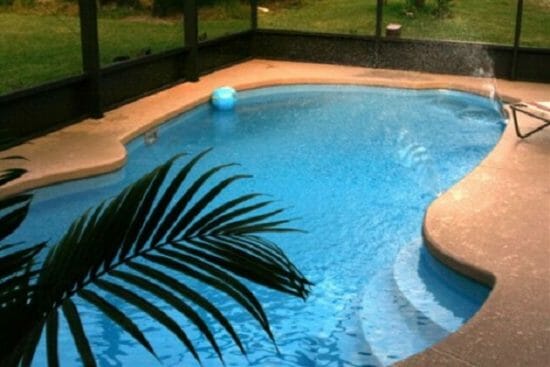- Course No E – 1729
- PDH Units: 1
No data found for Custom Course Number
No data found for Custom Course Units
Intended Audience: All Engineers.
PDH UNITS: 1
During 1983 and 1984, researchers at Florida Atlantic University, sponsored by Florida Power & Light Co and the National Spa and Pool Institute, set out to determine whether swimming pools could be designed and operated more efficiently without compromising health and safety standards. Sixty residential pools were selected in South Florida and 60 residential pools were selected in North Florida for participation in the 2-year study. Compared to a control group of pools, it was found that significantly shorter circulating pump running times could be used, that smaller pumps could be used, that larger filters and piping could result in more efficient pump operation and a number of other accepted operating practices could be modified to achieve greater efficiency of operation without sacrificing water quality. Since then, swimming pool equipment manufacturers have been introducing more efficient equipment and the NEC has been revised accordingly to cover some of these new introductions to ensure safe installation and operation. This course covers proper wiring techniques to ensure NEC compliance along with recommended design and operating techniques to optimize swimming pool energy efficiency. Emphasis is on general changes in NEC Section 680 for 2017 and permanently installed residential pools. References:
- NFPA 70 National Electrical Code, 2017 Ed., National Fire Protection Association, Quincy, MA, 2017.
- Messenger & Hayes, Co-Principal Investigators, Kent and Paulick, NSPI Program Managers, Swimming Pool Circulation System Energy Efficiency Optimization Study, Sponsored by FPL and NSPI, Oct 25, 1984.
Learning Objectives:
At the successful conclusion of this course, you’ll be able to identify and discuss:- The proper methods for safe wiring of a swimming pool circulating pump and all other electrical components of a modern residential swimming pool.
- The proper methods for safe wiring of electrical items in the pool vicinity.
- That individual counties and jurisdictions may have different rules for residential vs commercial pools.
- Criteria for designing and operating swimming pools that minimize energy use.
- How hydraulic head loss can be compared to electrical voltage drop and how both can be minimized for efficient operation.
Once completed, your order and certificate of completion will be available in your profile when you’re logged in to the site.










